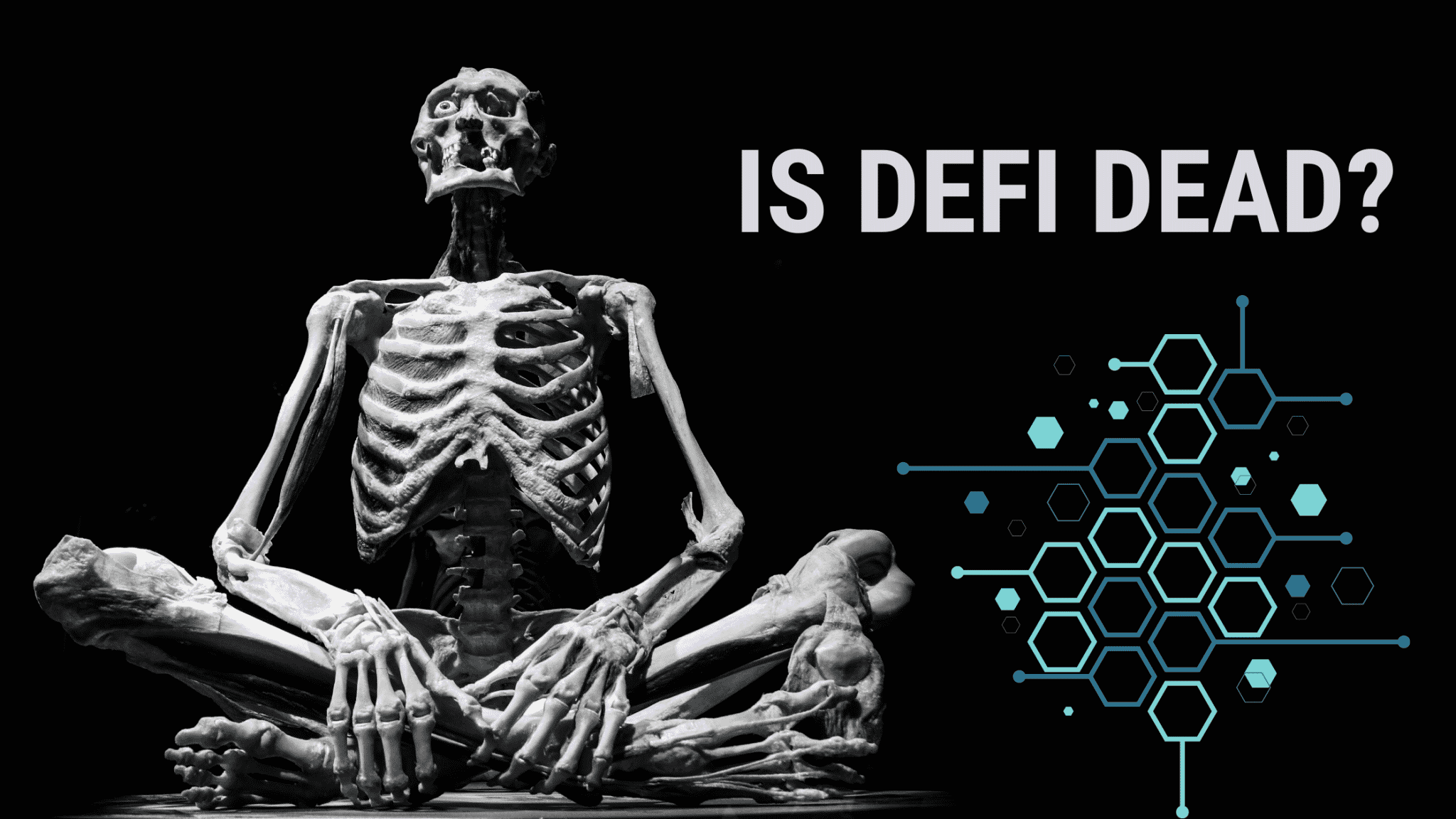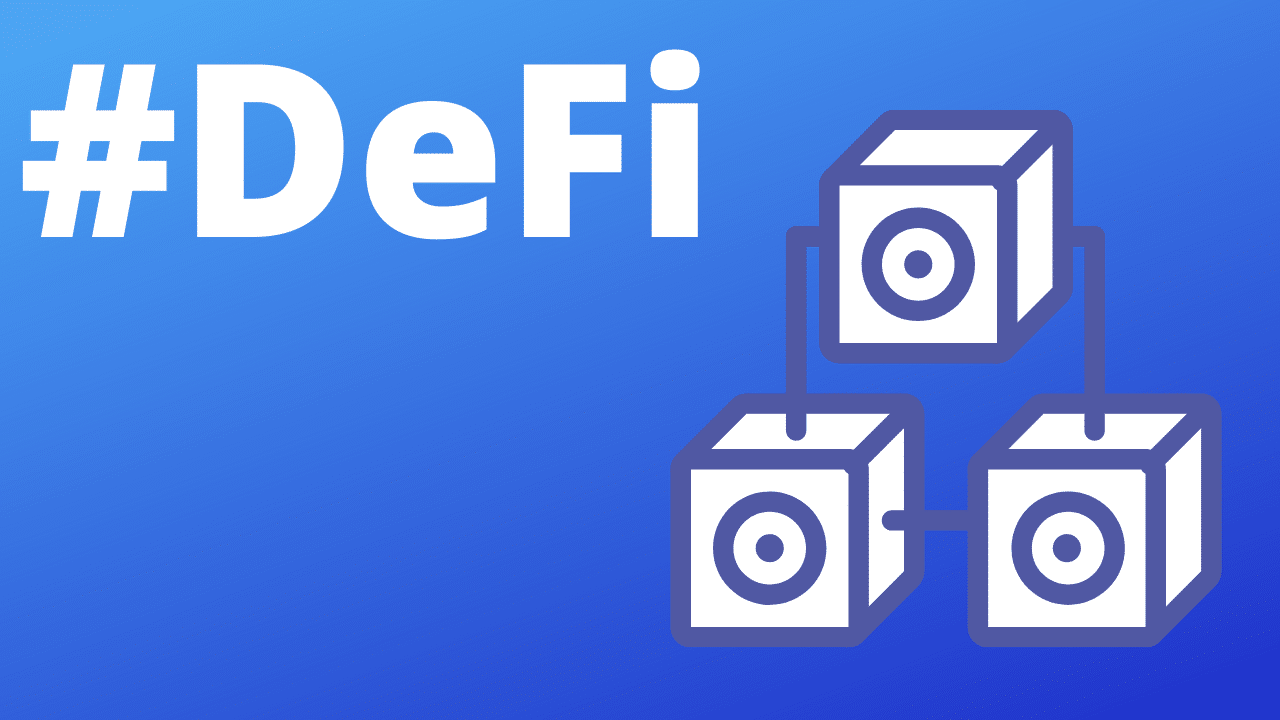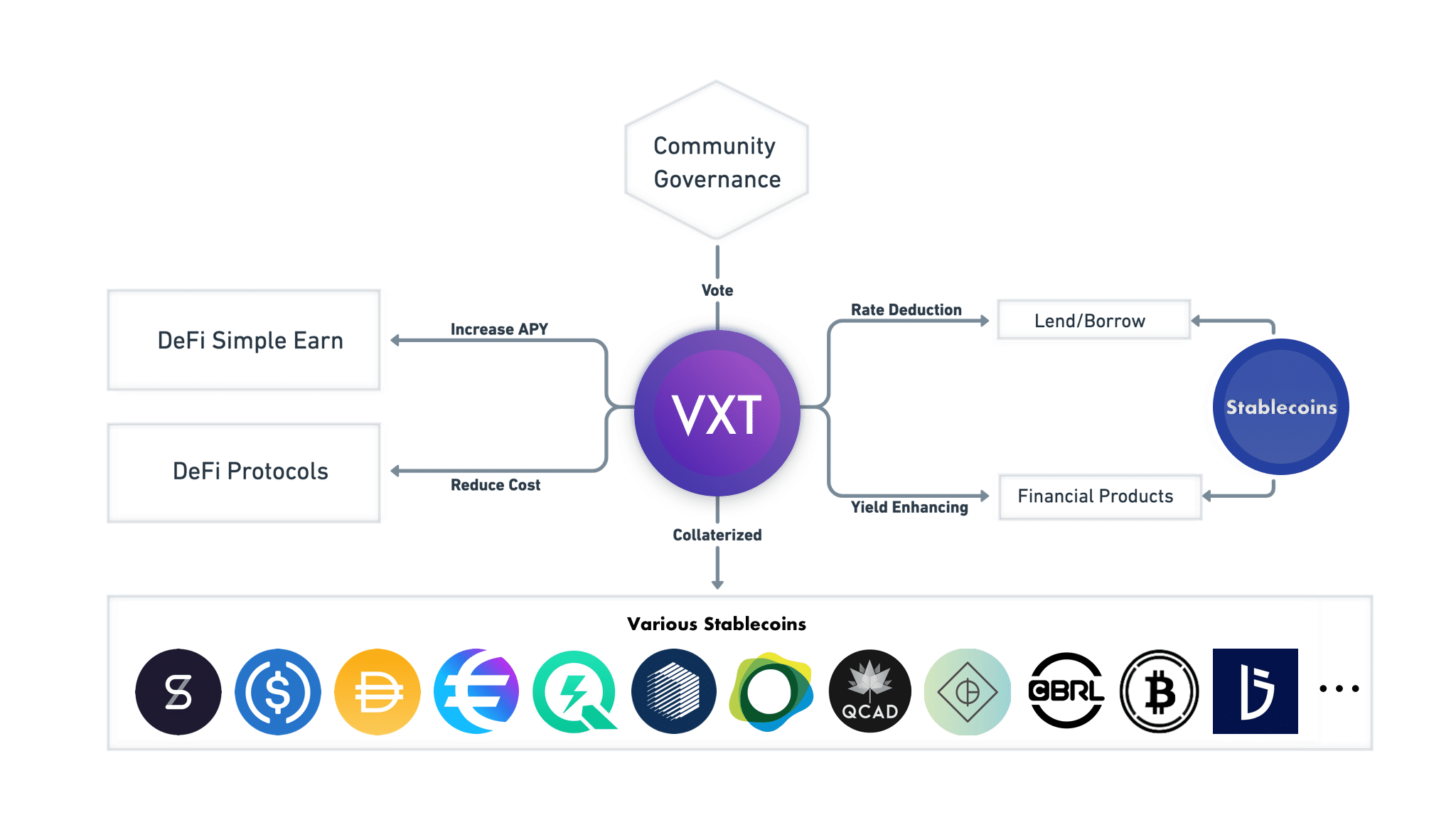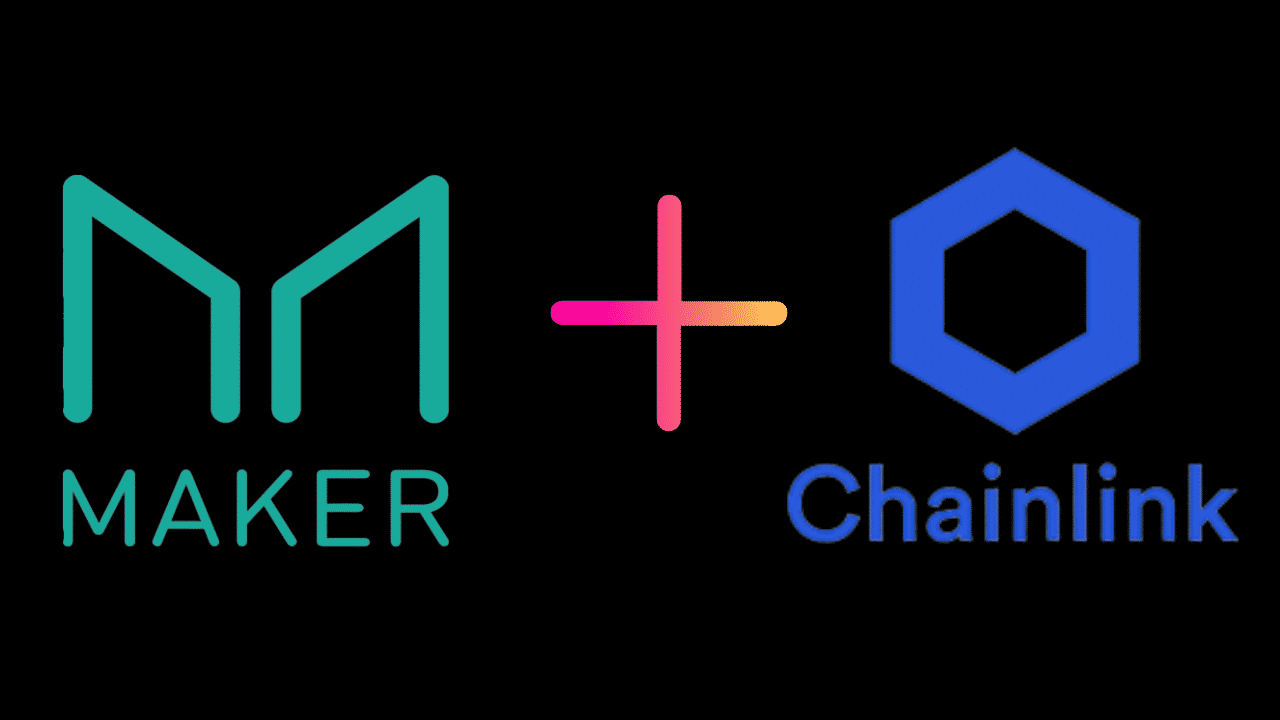 Navigation
Navigation
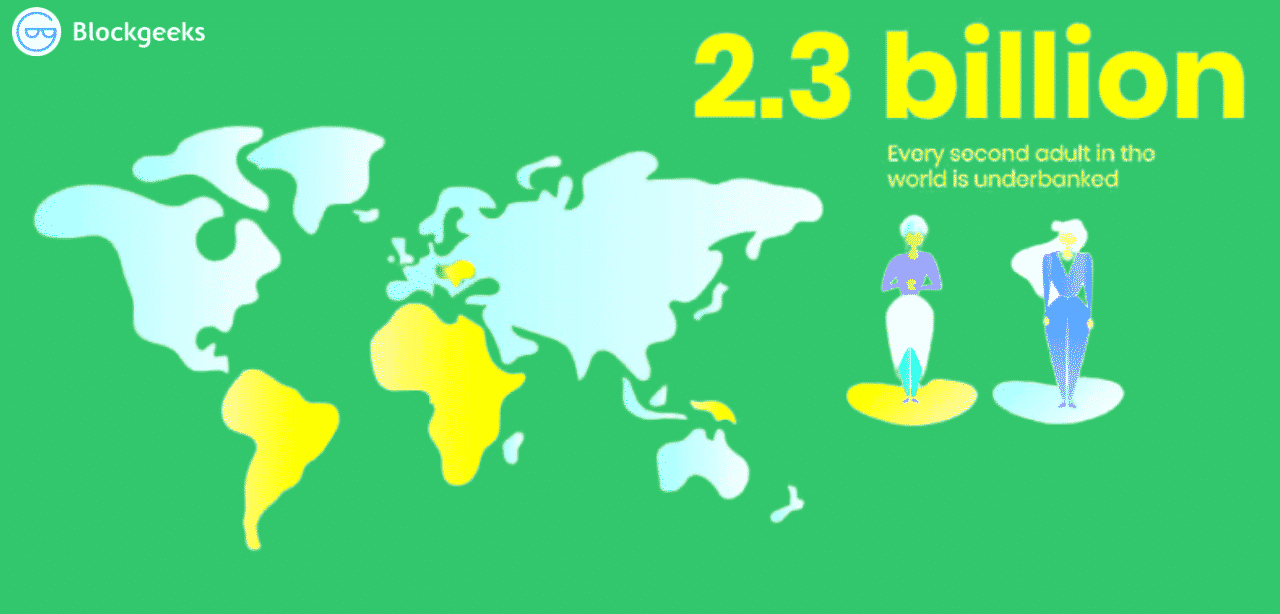
Unbanking The Unbanked
|
|
Unbanking The Unbanked. These quotes and myriad variations thereof have been the battle-cry of plenty of crypto-enthusiasts around the world, especially during the 2017 mania surrounding the crypto-sphere. Utopian notions of financial freedom and independence spread like wildfire, with cypherpunks leading the charge through the advocacy of crypto stored in private wallets. The boom in ICOs further fed the fire, as billions of funds’ worth in USD were raised for countless projects, most of which are worth less than the trusty and warshod keyboard that I am typing on. The heralded crypto-lords, often self-proclaimed, looked with disdain upon the “old world order”, truly believing that a new era had already dawned, and that the traditional institutions were staring straight into the face of immediate demise.
“Be your own bank.”
“New world order: decentralisation over centralisation”
With the limelight shining brighter upon the crypto-industry following the spike in the cryptocurrency market cap, slow and steady signs of integration with other industries started surfacing, with the underlying intention often being that of making use of the underlying technology, rather than any specific interest for the proprietary token of that same project. Companies which had made their fortunes by offering the proverbial shovels to the masses sought to regulate their business and structure them for the long-term. The ICO fund-raisers quickly discovered that the lack of status as legal tender for most cryptocurrencies, along with the violent volatility accompanying the market, meant that they had to convert their holdings to stablecoins at the very least, and ideally convert to fiat currencies safely deposited with a licensed credit institution. Safe to say that they had to get very intimate with Lady Irony and Lord Humility.
Needless to say, banks worldwide raised a collective eyebrow when hordes of wealthy crypto-owners showed up on their doorstep to convert a barely-understood virtual asset into cold, hard, cash – especially after those euphoric few months where seemingly the banks were being knocked out of business (or so the teenage keyboard warriors thought). The crypto-industry in general was immediately labelled as high-risk, and for those few banks which did not barricade off their doors to anything which remotely resembled “cryptocurrency” or “blockchain”, an exercise in “finding the diamond in the rough” ensued. Plenty of diamonds did emerge as a result, albeit at a high cost which the diamonds themselves had to stomach.
On the forefront, one tends to find the smaller, private banks, which are willing to service such a high-risk industry in return for a ludicrous premium when compared to bank account opening for other, ‘traditional’ industries. Such smaller banks, fully dependent on their relationships with corresponding banks, ramped up the due diligence and fitness tests all the way to eleven, resulting in a relatively small percentage of crypto-companies from the golden 2017 era actually being granted access to direct banking facilities. All those cowboys who thought that standard, globally applicable regulations such as AML laws were beneath them, ended up kicking the can down the road, with every kick resulting in a downwards jolt of their crypto-holdings’ value, with most altcoins suffering a value loss ranging from 90% to 99.9% in some cases. Those who were more diligent and envisaged an amalgamation of the old with the new, survived the so-called crypto-winter.
The business-minded, grey-bearded stalwarts of the crypto-industry, namely the exchanges, the payment service providers, and the custody service providers, worked hard at primarily explaining the nature and benefits of the new world order, and consequently earning the trust of the old world order. Some of the mid-tiered banks also opened their doors to well-established crypto businesses, often to those running a tight ship on par with other, licensed financial services providers. Questionable jurisdictions of corporate establishment such as the Seychelles, Marshall Islands, and St. Kitts and Nevis were forgone for more reputable options such as the United Kingdom, Malta, Germany, and the United States.
What about our ICO friends and other stakeholders within the crypto-industry?
While ICOs faced a much harsher ride, the ones which painstakingly applied acceptable AML measures during the fund-raising process found banking partners as well. At the very least, access to an IBAN account was provided thanks to partnerships with electronic-money institutions (EMIs), the latter branding themselves as “digital banks” as of late. EMIs, often licensed in jurisdictions such as Lithuania and Estonia, are cropping up by the dozens, and are serving as the long-sought bridge between crypto and fiat for most service providers.
Certain bottlenecks when using EMIs and small banks are also currently being overcome through the use of payment institutions, which can often handle a high throughput of transactions and handle end-of-day settlement with the bank, offering the best of both worlds in terms of solutions for the crypto-industry. Indeed, the Malta Financial Services Authority (MFSA) legally allows the use of EMIs and payment institutions for the handling of funds in fiat by those obtaining a license under the Virtual Financial Assets Act, considerably widening the set of options available for service providers seeking access to the fiat world.
Speaking of regulators, it has become evident that the establishment of one’s operations in a reputable jurisdiction with a sound legal framework regulating the crypto-service providers is important in the quest to obtain access to banking. Setting up in jurisdictions such as Malta, France, Liechtenstein, and Germany can definitely equate to access to either local banking partners, or even outside banks who are happy to deal with entities that undergo a proper and rigorous licensing process under the wing of a reputable regulatory authority.
As one who migrated from the underground, hardcore crypto-community to the outside world of regulatory advisory, even instructing and assisting heads of states and authorities, I have definitely seen the mentality shift taking place in the past few years, with an open mindset of cooperation being adopted in place of the confrontational one. I have even witnessed some encouraging episodes of mutually-beneficial collaborations, between companies seeking banking solutions, and banks seeking guidance on the proper use and integration of blockchain technology.
Unbanking The Unbanked – Conclusion
Just like those who thought that living in the wild wild west would be to their benefit and were sorely mistaken, those who at the other end of the spectrum, namely the proverbial fat cats masquerading as the “Untouchable Banks”, will also face their demise unless they quickly catch on and adapt accordingly. If an age-old dinosaur like the U.S. Federal Reserve is realistically exploring the creation of a central cryptocurrency, then adaptation is a matter of survival, not a matter of choice. The new world order is shaping up, and we are doing everything we can to draw the strings prudently so as to open the curtains onto a stage that will be unlike anything we’ve seen before, in a positive way. Call it the post-COVID era, if you will (with real rather than viral positivity).

